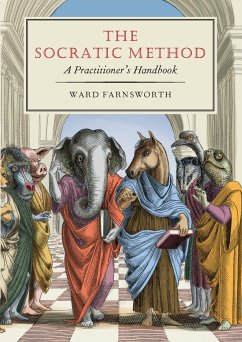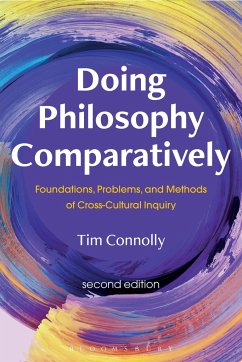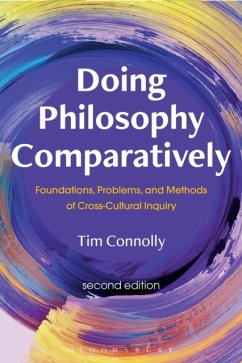
Philosophy and the Language of the People
The Claims of Common Speech from Petrarch to Locke
Versandkostenfrei!
Versandfertig in über 4 Wochen
43,99 €
inkl. MwSt.
Weitere Ausgaben:

PAYBACK Punkte
22 °P sammeln!
Which language should we use in philosophy: technical or common language? Medieval philosophers and Renaissance humanists differed widely on this matter. This book shows how an appeal to common language by humanists and philosophers such as Hobbes and Locke led to a democratization of language and knowledge.













